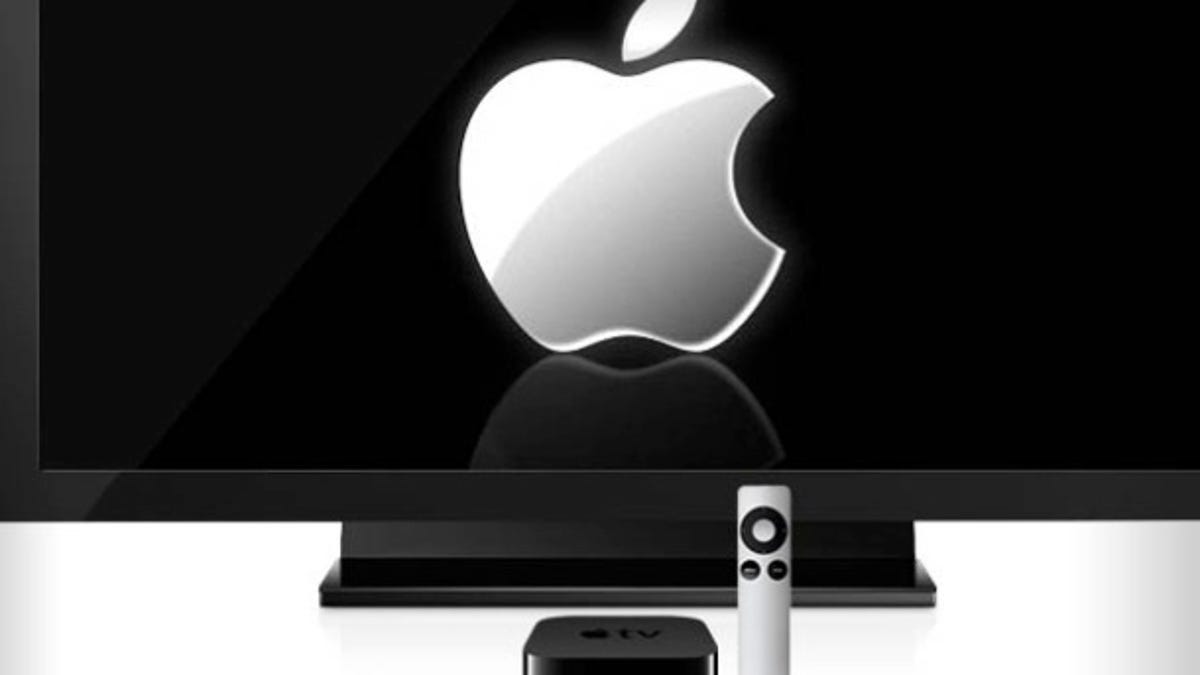Apple's TV plans on hold -- again, DisplaySearch says
Apple is finding it a formidable task to bring out a TV and is instead shifting focus to wearable devices, says NPD DisplaySearch.

The long wait for an Apple TV will get even longer. Blame wearable devices.
That's what NPD DisplaySearch analyst Paul Gagnon claimed Monday in a research note.
Apple is shifting its focus to wearable devices and pushing TV plans out -- aside from its existing set-top box -- according to Gagnon.
The shift appears rather recent as even DisplaySearch had been expecting a product in 2014.
"Indeed, our own information from TV supply chain sources pointed to the fact that Apple appeared to be lining up resources for a product introduction in the second half of 2014, likely with 2-3 large screen sizes and 4K resolution," Gagnon wrote.
But that's not going to happen, at least not right away, until Apple achieves some critical goals. Apple needs to:
Offer a unique point of differentiation to capture market share from leading TV manufacturers such as Samsung and Vizio, while at the same time being able to sell the products for a high enough price to deliver typically high Apple margins. [And] create follow-on replacement purchases to keep hardware sales from flat-lining once household penetration peaks.
To offer truly unique product differentiation that would allow Apple to capture market share from existing smart TV brands, they would need to either deliver some exclusive source of content that the other brands cannot, such as a la carte pay-TV channels, or proprietary content not available on other devices. Neither of these is easy to achieve, and our sources indicate this is one of the principle reasons for the delay in the project.
This may offer some relief to potential Apple rivals, Gagnon said.
"For the current smart TV brands, this will be a big relief. While Apple may not have sold very many units, it would have had significant impact on the upper-tier product ranges from most of the top brands," he wrote.
This speculation follows a report last month that Intel is abandoning its TV project.
The DisplaySearch note comes as rumors heat up for an Apple iWatch, expected next year.

